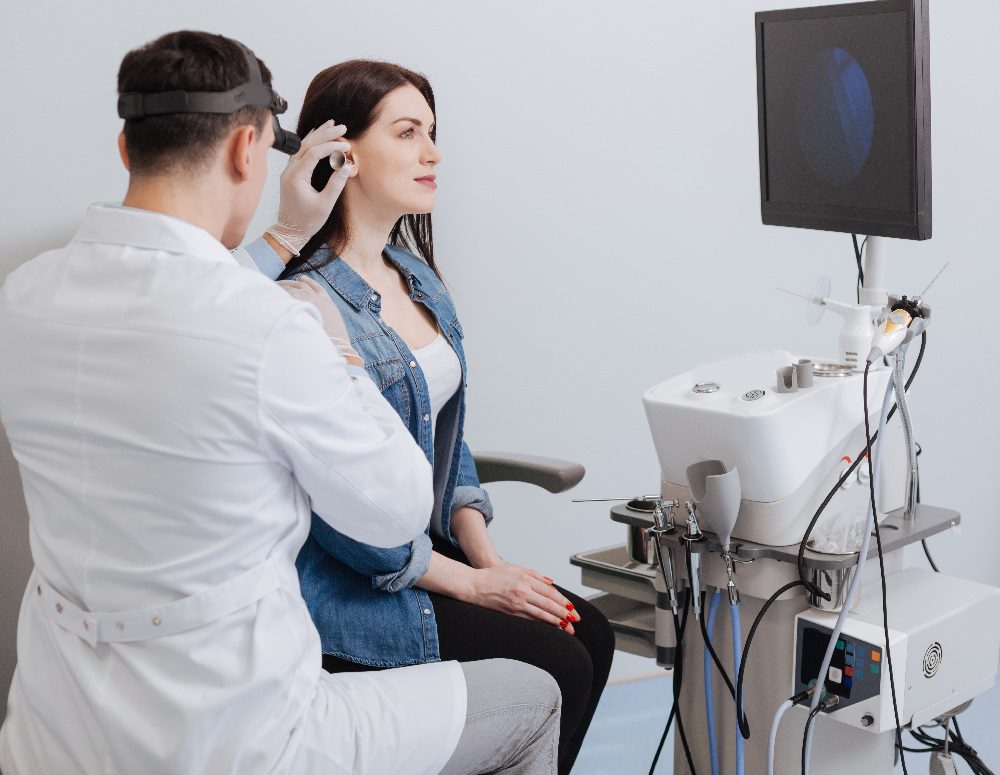Get Fit with Hypoxi Treatment: A Guide to Finding the Best Near You
Image Source – Google
Are you looking for a new and innovative way to achieve your fitness goals? Hypoxi treatment might be the solution you've been searching for. This revolutionary method combines exercise with vacuum technology to target stubborn fat areas and improve circulation, helping you to achieve a toned and sculpted body.
In this guide, we will explore the benefits of Hypoxi treatment and provide tips on how to find the best Hypoxi center near you.
The Benefits of Hypoxi Treatment
Hypoxi treatment offers a variety of benefits that can help you achieve your fitness goals more effectively than traditional exercise methods. Some of the key benefits include:
Targeted Fat Loss
- Hypoxi targets stubborn fat areas, such as the stomach, hips, and thighs, helping you to achieve a more toned and sculpted physique.
Improved Circulation
- The vacuum technology used in Hypoxi treatment helps to improve blood flow and circulation, which can aid in the elimination of toxins and reduce the appearance of cellulite.
Reduced Cellulite
- By improving circulation and targeting fat deposits, Hypoxi treatment can help to reduce the appearance of cellulite, giving you smoother and firmer skin.
How to Find the Best Hypoxi Center Near You
When searching for the best Hypoxi center near you, it's important to consider a few key factors to ensure you receive the highest quality treatment. Here are some tips to help you find the best Hypoxi center:
Research and Reviews
- Start by researching Hypoxi centers in your area and reading reviews from previous clients to get an idea of the quality of service and results offered.
Consultation and Assessment
- Look for a Hypoxi center that offers a consultation and assessment before starting treatment, as this will help to tailor the program to your specific needs and goals.
Qualified Professionals
- Ensure that the Hypoxi center has qualified professionals who are experienced in administering treatment and can provide guidance and support throughout your fitness journey.
Equipment and Technology
- Check that the Hypoxi center has the latest equipment and technology to ensure you receive the most effective and efficient treatment possible.
What to Expect During Hypoxi Treatment
Before starting Hypoxi treatment, it's important to have an understanding of what to expect during the process. Here is a general outline of what you can expect during Hypoxi treatment:
Initial Assessment
- You will undergo an initial assessment to determine your specific goals and target areas for treatment.
Treatment Sessions
- You will attend regular treatment sessions, which typically last around 30 minutes and involve cycling in a vacuum chamber while wearing a compression suit.
Results and Progress
- Over the course of your treatment, you can expect to see gradual results as you target stubborn fat areas, improve circulation, and reduce cellulite.
Getting Started with Hypoxi Treatment
If you're ready to get started with Hypoxi treatment and achieve your fitness goals, follow these steps to begin your journey:
Book a Consultation
- Contact a Hypoxi center near you and book a consultation to discuss your goals and determine the best treatment plan for you.
Start Your Treatment
- Begin your Hypoxi treatment sessions and follow the guidance of the professionals at the center to maximize your results.
Maintain a Healthy Lifestyle
- In addition to Hypoxi treatment, maintain a healthy lifestyle with regular exercise and a balanced diet to further enhance your fitness journey.
Conclusion
With its targeted fat loss, improved circulation, and reduction of cellulite, Hypoxi treatment offers a unique and effective way to achieve your fitness goals. By following the tips in this guide and finding the best Hypoxi center near you, you can get started on your journey to a toned and sculpted body. Take the first step towards a healthier you with Hypoxi treatment today!









